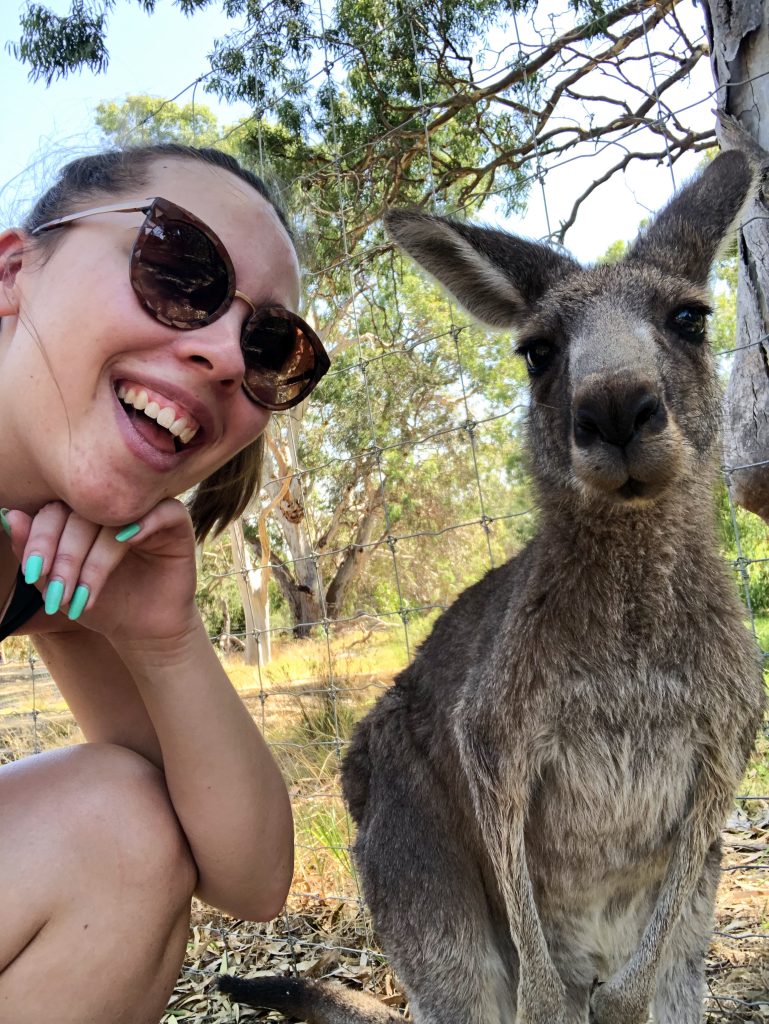My Experience Studying Journalism and Communications at Cardiff University
4 August 2020
Being a fresh BA Journalism and Communications graduate and official alumni of Cardiff University, I am now able to fully reflect on the three best years of my life right here in the Welsh capital.
What I can firstly say is that I am so glad I chose to study journalism at Cardiff; it is the best decision I have ever made. I found choosing a university all those years ago massively stressful due to not quite knowing what type of course I wanted to do, what offered the best job prospects, and ultimately, where I would be happiest.
I chose Cardiff because it felt right. It was the first open day I attended and even on that first visit I just really liked the feel of the city, with it already feeling like home. The journalism courses offered here are academic and research-led, meaning you are not taught practical journalistic skills such as editing, news writing and shorthand etc. However, what I did learn was the very basic principles and context of the media industry which has provided me with invaluable knowledge on a sector I am hoping to enter. It certainly opened my eyes to issues, inequalities and structures that I was never previously aware of.
One of my favourite aspects of the course has to be the freedom and capacity to choose the topics we are most interested in exploring further. On most of my assessments, I was able to pick what I wanted to research – whether that be feminism, racism, LGBTQIA+ rights, the refugee crisis, police PR, masculinity in crisis, and even Beyoncé (yes, even I wrote three essays on Beyoncé during my degree, and no I am not ashamed to say it). This was hugely beneficial to me as it meant I got a greater in-depth understanding of areas I am passionate about. In your final year, dissertations are also optional, giving you even more freedom to play to your strengths and get the most out of your degree.
The course is typically composed of 2 assessments per module. You do three modules per semester, so approximately 6 assessments every semester, and 12 across a uni year. In terms of in-person learning, there were usually 9 contact hours a week consisting on 3 lectures (2 hours each), and 3 seminars (50 minutes). This may slightly vary each term but this is the average for all of the above.

What I can’t stress enough is that in first year, your grades do not go towards your final degree mark so essentially, it is the year to make mistakes and to perfect your academic skills. I did try very hard in first year (maybe a bit too hard seeing as it didn’t count) however, I am grateful for it as it meant I hit the ground running in second year when the assessments were for real. On top of this, the lecturers in JOMEC are enormously supportive and will be there to help you whenever you need it. A great service that I made the most of was the literary fellow – an in-house grammar and language specialist who will dissect your essays and tell you how to improve. I definitely put going from a low 2:1 to a high 1st in first year down to her!
However, my absolute highlight of the course has to be my semester abroad in the Spring term of second year. Counting towards my degree, I got to spend 6 months studying at the University of South Australia in Adelaide where I gained a vast array of practical journalism skills that are not offered at Cardiff. I did modules in design, news writing, copy-editing, and PR content generation which I now look back on as being intrinsically beneficial. I got to create my very own travel magazine from scratch, wrote a number of feature articles – one of them following a brief from a real-life magazine (SA Life) with the chance of being published – plus interviewing a number of people for my own news stories. Overall, it was an incredible experience, and one that I cannot recommend enough!

Leaving uni as a graduate of the Journalism and Communications degree, I am equipped with a sophisticated level of critical thinking, better writing and researching ability, and expansive knowledge of the media industry that I would not have had without studying at Cardiff University.